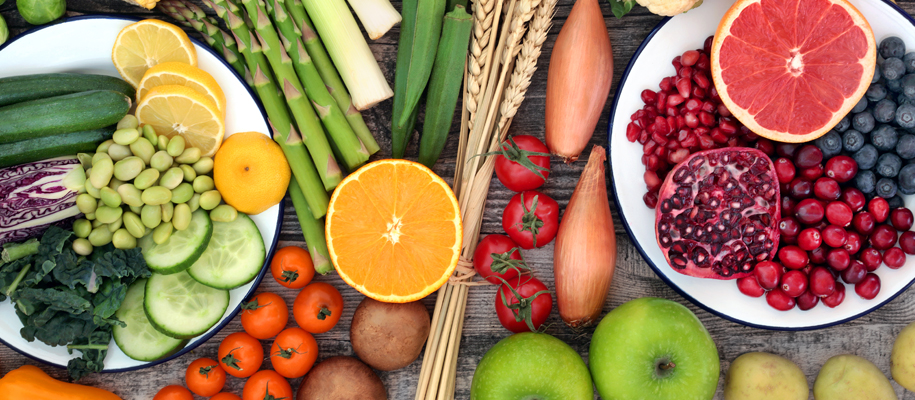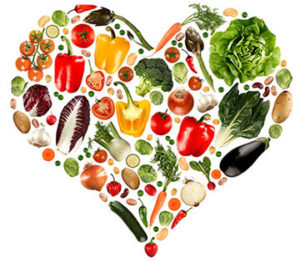 By Dr. Diane E. Clayton
By Dr. Diane E. Clayton
SAB Member
Why does Fruit and Vegetable Intake Matter?
There is overwhelming evidence that higher fruit and vegetables consumption is associated with lower incidence of chronic diseases.1,2 One of today’s biggest focus areas in nutritional research is to explain the reasons why fruit and vegetable intake has such a positive effect on our health. Is it the valuable vitamin and mineral content? The fibre content? Or could it be due to the very diverse array of phytonutrients that fruit and vegetables contain? Maybe all of these play a role? Naturally, there is a clear need to better understand the protective effects of fruit and vegetables and their constituent bioactive phytonutrients.†



 By Dr. Arianna Carughi
By Dr. Arianna Carughi
